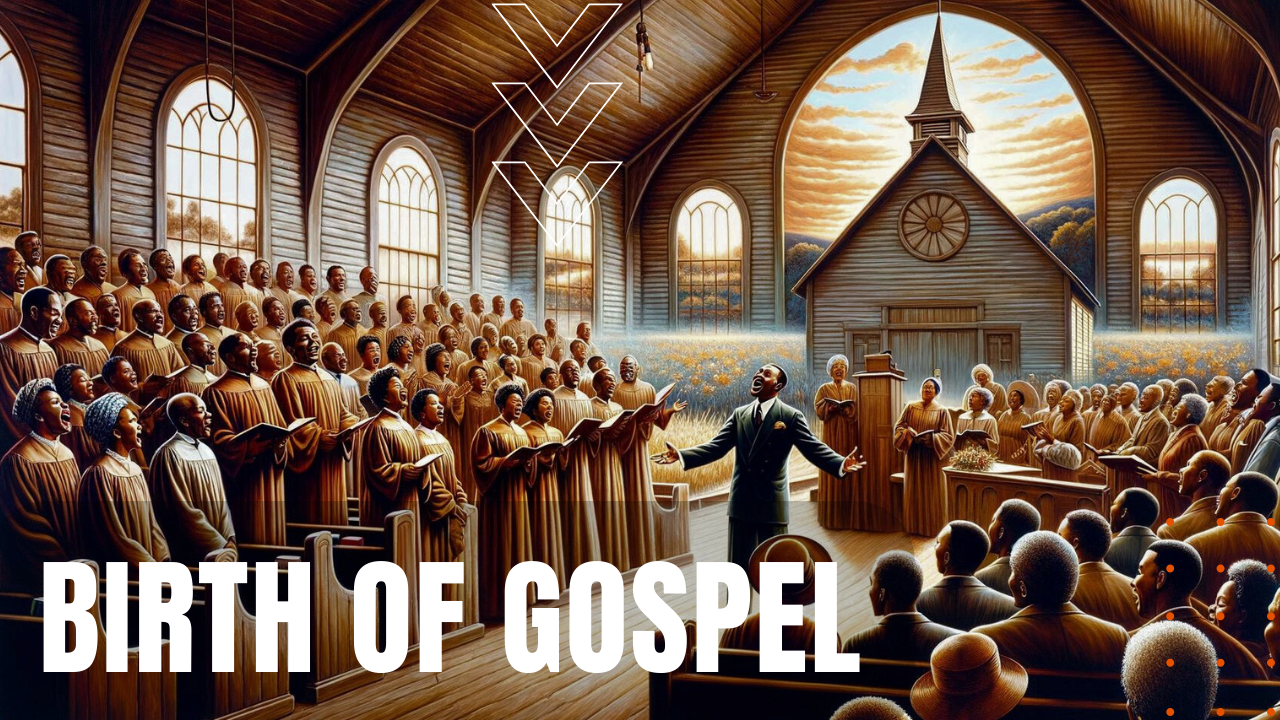The Birth of Gospel

Beginning in the 16th century, when transatlantic slave traders brutally kidnapped an estimated 12 to 15 million Africans into the Americas—losing an average 10 to 19 percent each voyage due to the disease ridden and inhumane conditions aboard Middle Passage slave ships—when slavers noticed their cargo singing in the cramped confines of their holds, they allowed it due to the calming affect it had on newly enslaved people. New musical traditions were to follow during the oppressive slave years to come, drawing on the most sacred Black music of West Africa, which eventually morphed into the pentatonic scales of the blues, allowing Black slaves to voice their misery and subtle protest against their white oppressors.
Spreads Nationwide
During the Great Migration of 1915 to 1970—when Blacks escaped the Jim Crow laws of the segregated South—Chicago became a destination “promised land” for many Blacks between 1915 to 1940, when the city more than doubled its Black population in neighborhoods such as Bronzeville, including Thomas Andrew Dorsey, a 17-year-old musician and recent graduate from Atlanta Baptist College—now known as Morehouse—who migrated from Villa Ricca Georgia with high aspirations of becoming a professional musician, finding early success with blues singer Ma Rainey, followed by his then scandalous song with Hudson “Tampa Red” Whittaker, “It’s Tight Like That.” Dorsey suffered a nervous breakdown following the death of a friend in the mid-1920s, prompting him to write “If You See My Savior,” which infused elements of the blues into his somber spiritual tune, leading to the creation of what he called “gospel blues.”
Broad Acceptance
Despite early pushback from Black ministers given its bluesy, sinful origins, Dorsey co-founded the National Convention of Gospel Choirs and Choruses, soon sharing his music with groups of women vocalists and congregations around the country, including a young singer named Mahalia Jackson, now recognized as one of the greatest gospel singers of all time. In 1931, after Dr. Junius C. Austin invited Dorsey to organize a gospel choir in his Pilgrim Baptist Church, gospel music soon spread around the nation due to the rising prevalence of radios in the American home. Today, gospel remains an important spiritual aspect of many congregations around the nation, making the gospel blues, an honored grandchild of the musical traditions of slavery.
